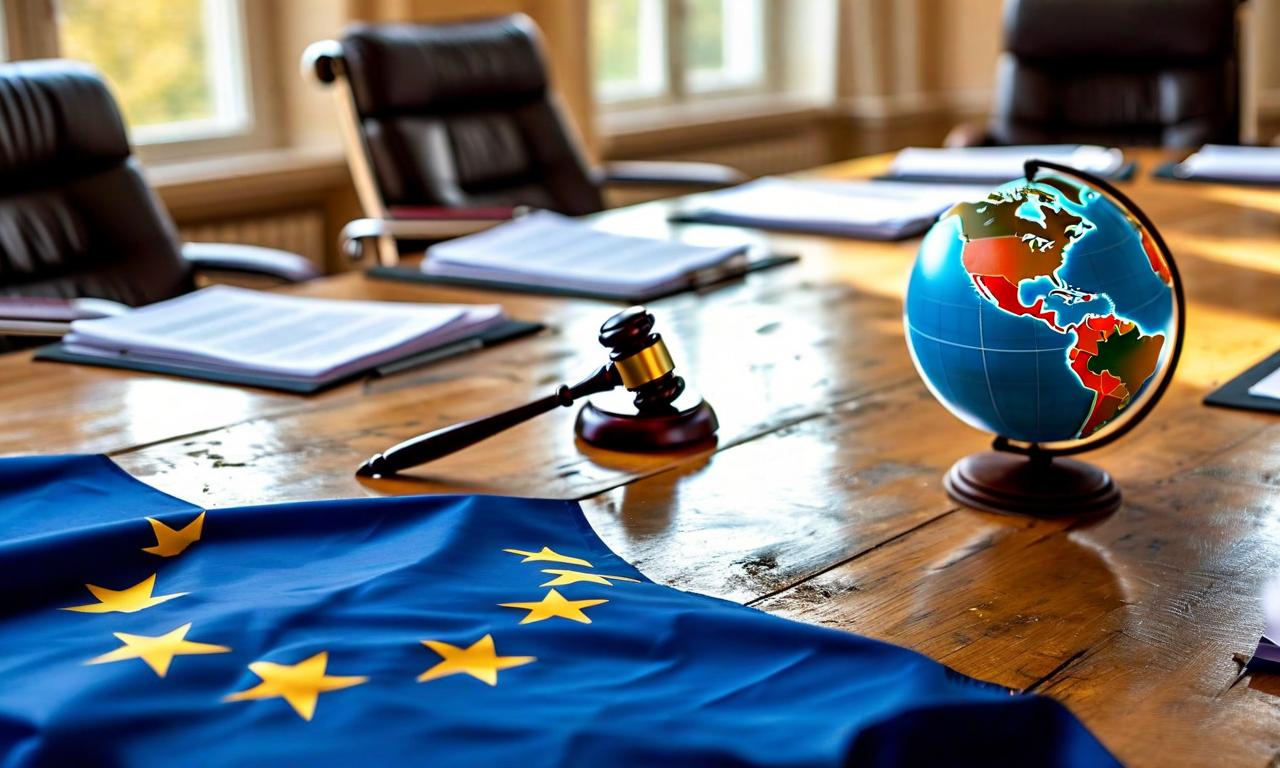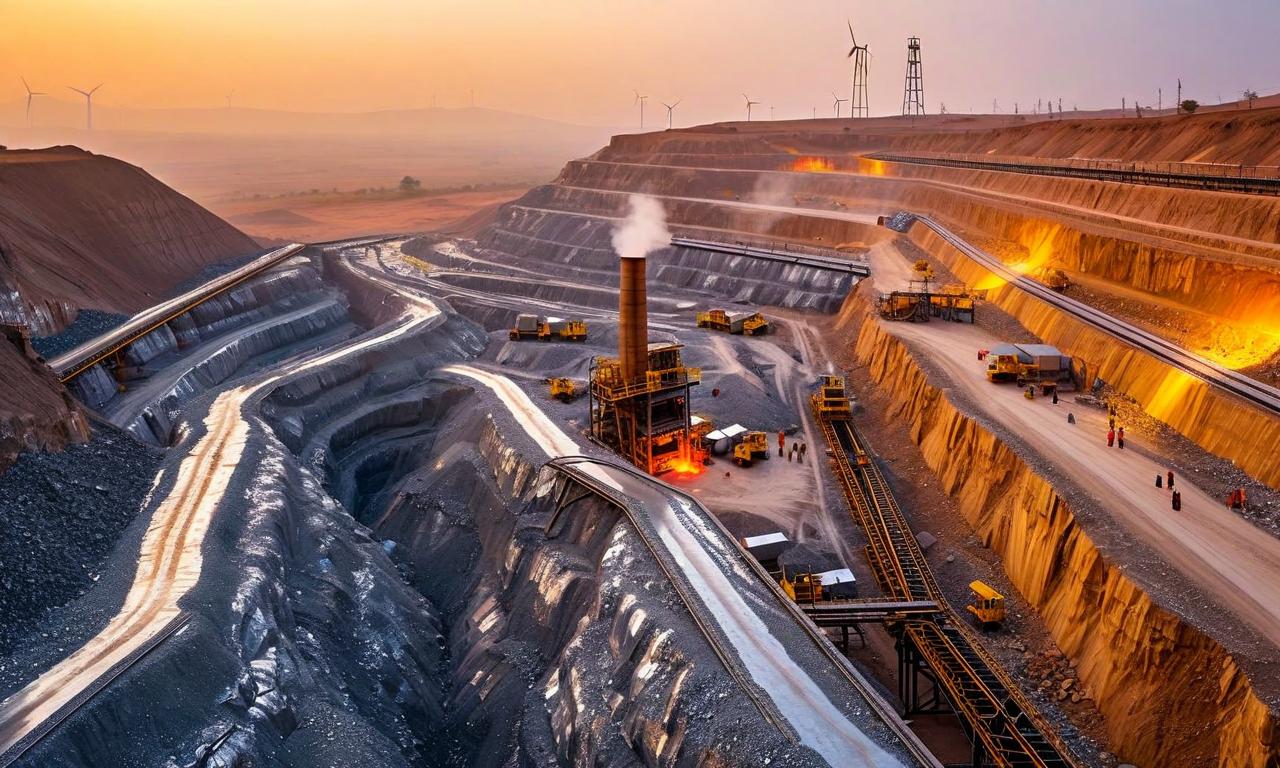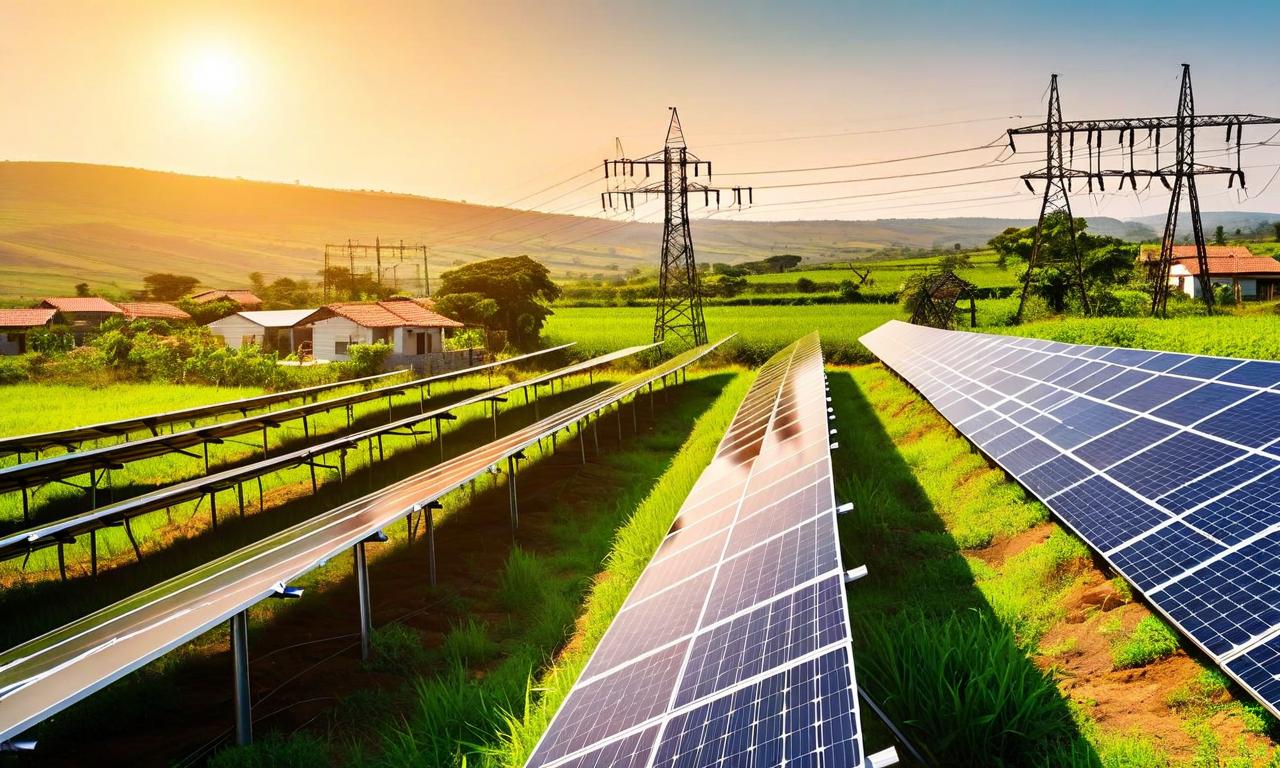EU Council Extends Russia Sanctions for Another Year
The European Union has decided to extend its sanctions against Russia for an additional year. This unanimous decision by the EU Council demonstrates the bloc's continued commitment to maintaining pressure on Russia as part of its foreign policy response to ongoing geopolitical issues. The extension signifies a continuation of existing restrictive measures, which typically include economic and diplomatic restrictions.

*this image is generated using AI for illustrative purposes only.
The European Union (EU) has taken a significant step in its foreign policy by deciding to extend sanctions against Russia for an additional year. This move underscores the bloc's commitment to maintaining pressure on Russia as part of its ongoing policy response to various geopolitical issues.
Key Points of the Sanction Extension
- Duration: The sanctions have been extended for a period of one year.
- Policy Continuity: This extension represents a continuation of the EU's existing restrictive measures against Russia.
- Unanimous Decision: The decision was made by the EU Council, indicating agreement among member states.
Implications of the Extended Sanctions
The prolongation of these sanctions signifies the EU's persistent stance on issues related to Russia. While the specific details of the sanctions were not provided in the announcement, such measures typically encompass various economic and diplomatic restrictions aimed at influencing Russian policy and behavior.
Background
Sanctions against Russia by the EU have been in place for several years, initially implemented in response to the annexation of Crimea and the conflict in eastern Ukraine. Over time, these measures have been periodically reviewed, adjusted, and extended based on the evolving situation and the EU's assessment of Russia's actions.
Looking Ahead
As these sanctions continue for another year, their impact on EU-Russia relations remains to be seen. The situation will likely be closely monitored by international observers, economists, and policymakers for its potential effects on geopolitical dynamics and economic interactions between the EU and Russia.
The EU Council's decision reaffirms the bloc's united front in its approach to Russia, highlighting the ongoing complexities in the relationship between these major global players.
























